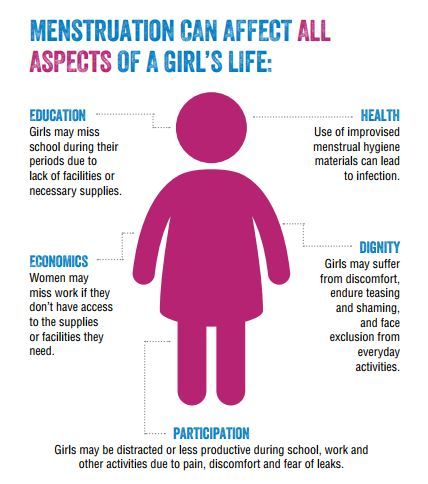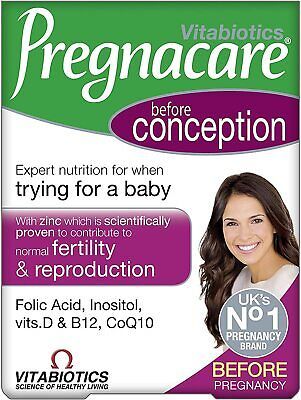Menstruation Myths and Facts: Educating Women
Menstruation is a natural physiological process that every woman experiences during reproductive years. However, this topic still remains shrouded in myths and misconceptions in many societies around the world. It is crucial to educate women about menstruation, debunking myths, and providing accurate information to promote their overall well-being.
Myth: Menstruation is Dirty or Impure
One common myth is that menstruation is dirty or impure. This belief often leads to negative attitudes and practices surrounding menstruation. In reality, menstruation is a normal bodily function and does not make a woman dirty or impure. It is important to challenge this myth and promote hygiene practices to maintain good menstrual health.
Fact: Menstruation is a Natural Process
Menstruation is a natural process that occurs due to hormonal changes in a woman’s body. It involves the shedding of the uterine lining, which is necessary for reproductive health. Understanding and accepting the naturalness of menstruation is essential for women to embrace their bodies and feel comfortable discussing their experiences.
Myth: Menstruation Makes Women Weak or Incapable
Another common myth is that menstruation makes women weak or incapable of performing daily activities. This misconception can be detrimental to women’s self-esteem and can contribute to gender inequality. In reality, women are fully capable of carrying out their regular duties during menstruation. It is important to empower women by debunking this myth and providing support and understanding during this time.
Fact: Menstruation Does Not Limit Physical Activities
While some women may experience discomfort or pain during menstruation, it does not generally impede their ability to participate in physical activities. It is important for women to listen to their bodies and make appropriate adjustments as needed, but they should not feel limited or restricted. Staying active can even help alleviate menstrual symptoms for some women.
Myth: Menstruation Should Not Be Talked About
Menstruation is often considered a taboo subject in many societies, leading to silence and secrecy around this topic. This can prevent women from seeking help or information when they need it. Breaking the silence and encouraging open discussions about menstruation are vital for providing education and support to women.
Fact: Openly Discussing Menstruation is Beneficial
Openly discussing menstruation helps women gain knowledge, access to resources, and support. It also brings awareness to menstrual health issues and enables society to address them adequately. Creating a safe and comfortable environment where women can openly talk about their experiences is essential for their well-being and empowerment.
Myth: Menstruation Attracts Bad Luck or Evil
In some cultures, menstruation is associated with superstitions, beliefs, and myths about attracting bad luck or evil spirits. This can lead to discrimination, isolation, and even harmful practices against women on their periods. It is crucial to debunk these misconceptions and promote a rational understanding of menstruation.
Fact: Menstruation is a Natural and Normal Process without Superstitions
Menstruation is a biological process, and it should not be associated with negative superstitions or fear. These beliefs are unfounded and have no scientific basis. Encouraging cultural shifts and promoting accurate information can help eliminate such harmful perceptions and ensure the well-being and dignity of women.
Conclusion
Educating women about menstruation myths and facts is crucial for breaking down taboos, dispelling misconceptions, and promoting their overall well-being. By providing accurate and empowering information, we can help women embrace their bodies, feel confident, and make informed decisions about their menstrual health.


